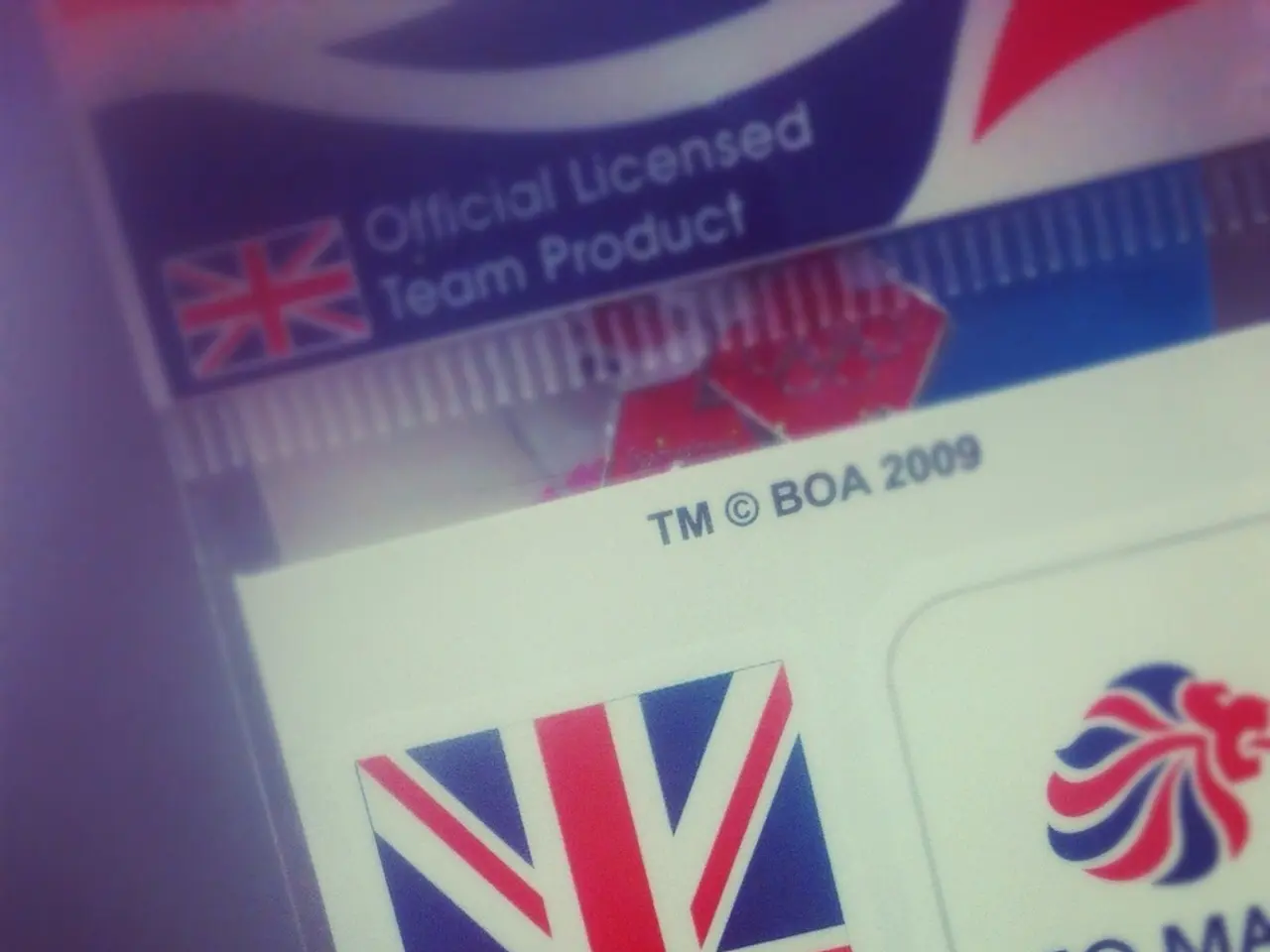AML Officers: Their Duties, Necessary Skills, and Job Description
The Anti-Money Laundering (AML) Compliance Officer plays a crucial role in financial institutions, tasked with ensuring the organization adheres to stringent financial regulations. This role is not confined to a specific major, welcoming candidates from diverse backgrounds such as IT project managers, lawyers, and more.
The success of an AML Compliance Officer hinges on their skills and qualifications. Attention to detail is paramount, as they meticulously review transactions, customer records, and data to identify suspicious activities and inconsistencies. Analytical thinking is equally essential, enabling them to analyze large volumes of data, recognise patterns and trends, and draw meaningful insights to mitigate AML risks.
A deep understanding of AML laws and regulations is a prerequisite. This includes knowledge of AML, Counter-Terrorism Financing (CTF), Counter Proliferation Financing (CPF), Targeted Financial Sanctions (TFS), Bank Secrecy Act (BSA), U.S. Patriot Act, OFAC regulations, and jurisdiction-specific legislative frameworks.
Relevant certifications and qualifications are highly preferred, with a Bachelor’s degree in related fields (business, finance, risk management, law, or similar) and certifications such as CAMS, ACAMS, ICA, or CFCS being highly valued.
Risk assessment and management skills are also vital, with the AML Compliance Officer expected to conduct and document client risk assessments, apply risk-rating methodologies, and escalate risks appropriately.
Effective communication is key, with the officer required to clearly explain regulatory expectations, coordinate across departments, and interact with senior management and regulatory bodies. Regulatory compliance and audit leadership experience is also beneficial, as is the ability to manage multiple priorities, deliverables, and compliance projects efficiently.
Technical proficiency is often required, with familiarity with AML software and transaction monitoring systems (e.g., Verafin, Viewpoint) being common. Additional beneficial skills include team leadership and training, cross-functional coordination, and experience in leading compliance programs, managing audit processes, and handling regulatory reports.
The AML Compliance Officer may need to work irregular hours and extended shifts, including late nights, early mornings, weekends, and holidays. They are responsible for implementing an AML program in a financial institution, arranging inspections from third-party organizations, and ensuring the company's AML policy corresponds to the international system. They are also responsible for the financial regulations and personal data compliance of the company, as well as screening and monitoring transactions for both fiat and cryptocurrency.
- Beyond a comprehensive understanding of AML laws and regulations, education and self-development in related fields such as business, finance, risk management, or law can greatly enhance an AML Compliance Officer's qualifications.
- Relevant certifications like CAMS, ACAMS, ICA, or CFCS are highly valued, while a Bachelor’s degree in these areas can provide a solid foundation for this crucial role in business finance.




